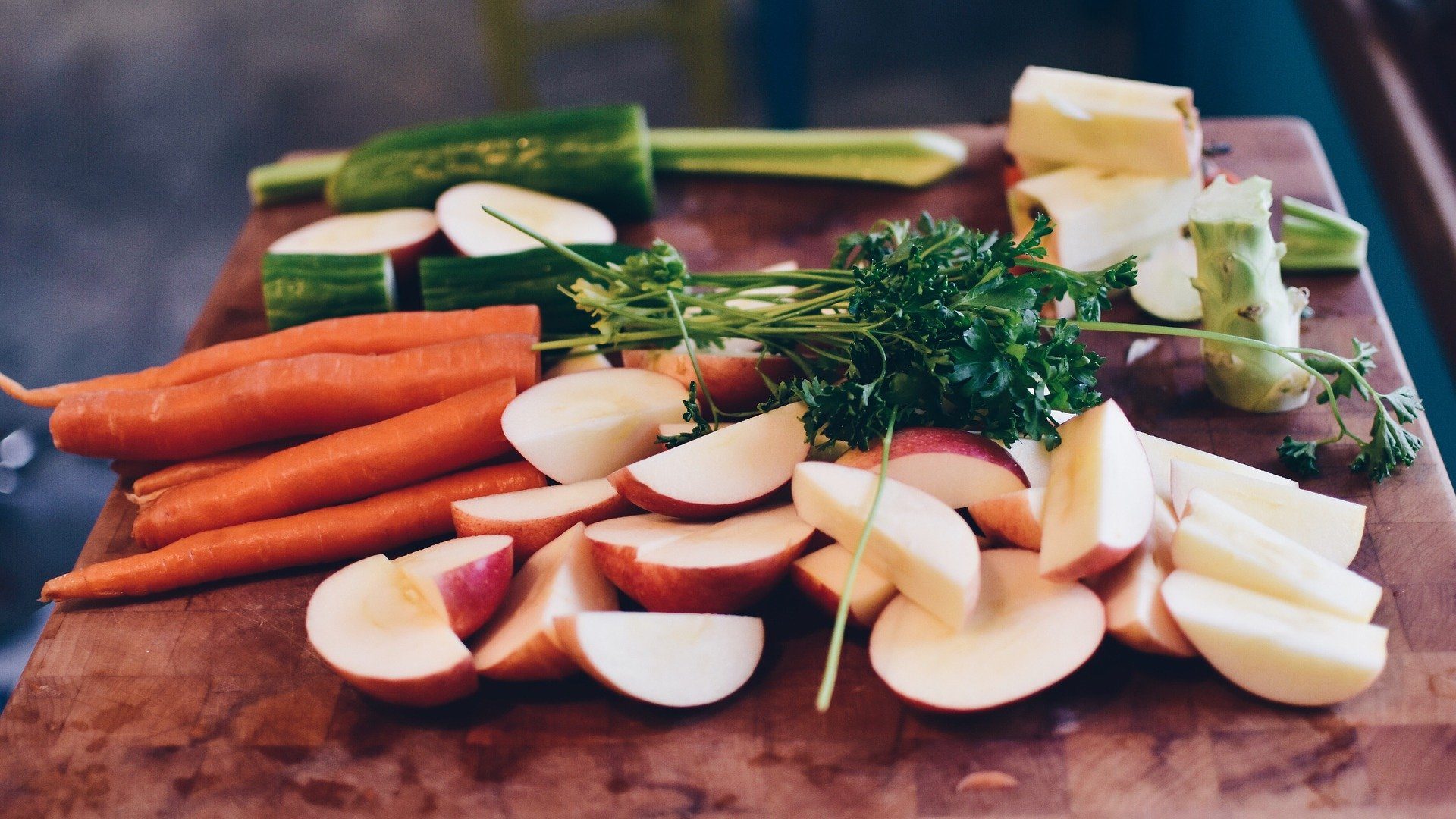Buzz words in the food industry are like sprinkles for donuts – makes the product look nice, but still makes a turd.
One of my favorite words that gets frequently tossed around is “natural”. According to the dictionary, natural means “existing in or caused by nature; not made or caused by humankind.” Sounds innocently healthy, right? Sure, until the food industry gets its grimy hands on it. Let me give you a couple examples…

Ingredients: organic corn meal, expeller-pressed sunflower oil, whey, cheddar cheese (cultured milk, salt, enzymes), maltodextrin, sea salt, natural flavors, disodium phosphate, sour cream (cultured skim milk, cream, cornstarch, nonfat dry milk), torula yeast, lactic acid, and citric acid

Solution ingredients: water, salt, turbinado sugar, cultured celery powder, cherry powder, sea salt

Ingredients: chicken, water, wheat flour, contains 2% or less of the following: brown sugar, corn starch, dried garlic, dried onion, dried yeast, extractives of paprika, natural flavor, oat fiber, salt, spices, wheat starch, white whole wheat flour, yellow corn flour. Breading set in vegetable oil.
Natural ≠ Better
Before we go any further, you need to know about the two main regulatory bodies that oversee food production: The United States Department of Agriculture (USDA) and The Food and Drug Administration (FDA).
The USDA, in general, oversees the production of meat, poultry and egg products (think powdered eggs). The FDA, on the other hand, regulates the production of dairy, seafood, packaged goods, produce and whole eggs. Essentially, the FDA regulates about 80% of the food production in our country.
So….how do these two organizations define the word “natural” in terms of food production?
Depends on who you ask.
According to the USDA, “a product labeled ‘natural’ is a product containing no artificial ingredient or added color and is only minimally processed. Minimal processing means that the product was processed in a manner that does not fundamentally alter the product. The label must include a statement explaining the meaning of the term natural (such as ‘no artificial ingredients; minimally processed’)”. Makes sense.
What about the FDA?

Welp, they don’t know. According to their website, they’ve had a long-standing policy that “The FDA has considered the term ‘natural’ to mean that nothing artificial or synthetic (including all color additives regardless of source) has been included in, or has been added to, a food that would not normally be expected to be in that food. However, this policy was not intended to address food production methods, such as the use of pesticides, nor did it explicitly address food processing or manufacturing methods, such as thermal technologies, pasteurization, or irradiation.”
But due to increasing pressure from informed consumers demanding clearer answers, they asked for the public’s opinion in 2016.
And as I’m writing this, I still can’t find a clear definition of “natural” from the FDA.
So what’s the take-away?

“Natural” foods are about as clearly defined as a Taco Bell poop (Type 7 on the Bristol Stool chart for all my nutrition nerds out there)
AND
“Natural” does not equal healthy. Just like “organic” does not equal healthy (more to come on that).
And that’s all the more reason you should eat food…
….and not food products.
From the Plate of a Dietitian
